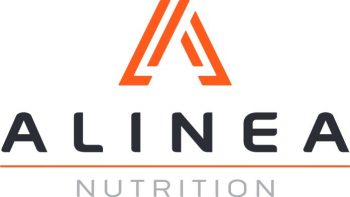*Geek Box: Potential Mechanisms of Sodium Influencing Gastric Cancer
A relevant question: how might sodium influence stomach cancer risk? When it comes to CVD, we know that factors like hypertension and left ventricular mass are important effects of sodium on influencing risk. But the proposed mechanisms and related experimental evidence for gastric cancer differ, as you may expect.
Perhaps the mechanism which has attracted most interest to date relates to H.pylori infection, a type of bacteria which itself is one of the leading risk factors for stomach cancer. H.pylori colonises the stomach when given the opportunity to infect, and there is experimental evidence which shows that H.pylori causes more damage to epithelial cells in the stomach in the presence of high salt levels.
Epidemiology of salt has also shown interactions between salt and N-nitroso compounds [often found in processed meats] on risk of stomach cancer, and mechanistic research shows that high salt levels reduce the viscous layer protecting the stomach, exposing the stomach lining to carcinogenic effects from N-nitroso compounds. There is animal evidence that sodium chloride increases expression for certain genes which may promote gastric mucosal cell proliferation, potentially resulting in chronic gastritis.
Animal studies indicate that high salt intakes may result in reduced gastric blood flow, and increased inflammatory pathways, which were associated with chronic atrophic gastritis. The addition of N-nitroso carcinogenic compounds in such a high-salt gastric environment appears to rapidly generate carcinogenesis in the stomach.
So overall, salt appears to act as a moderating factor to carcinogenic processes in the stomach, rather than exerting direct carcinogenic effects itself. This may be through: 1) augmenting the adverse effects of H.pylori infection; 2) reducing protection of the gastric mucosa and; 3) influencing blood flow, inflammatory, and immune pathways and promoting gastritis. In both 2) and 3), it appears that there is significant interaction with exposing the stomach to the carcinogenic effects of N-nitroso compounds.
